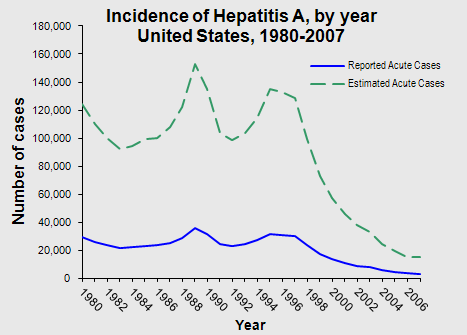
Others study grammar and dialects to perfect the cadence of language.
Either way, the right voice and delivery when used in a sales pitch on TV or radio can bring in hundreds or even thousands of dollars per hour in the professional voiceover industry.
Sarasota resident John Burr says he can transform those talents, whether raw or cultivated, into a lucrative and steady source of income for those willing to undergo his training.
Working from Washington, D.C., Burr, 74, has instructed top voices in the industry for 30 years.
Now, having settled with his wife in a neighborhood east of Interstate 75, Burr is rooting out local talent by holding workshops on script reading and the skill needed to land local, regional and national voiceover jobs.
“I call the whole process contrived spontaneity,” he said. “We try to take something we already do — that is naturally part of our personality — identify it, put it in a box and pull it out when we need it.”
Gigs include radio and TV commercials, narrations for documentaries or corporate initiatives, audiobooks and character voices for animation and video games.
Many of Burr’s local students are retirees seeking a new skill, or younger people exploring voiceovers as a second career path.
Susan Masterson, a University Park resident, recently began lessons with Burr after quitting work in corporate communications to travel.
“I thought doing voiceovers might provide an opportunity to tiptoe back into the workplace,” she said.
At a recent lesson, she leaned into the microphone to recite scripts she had practiced for a week.
Burr interrupted with tips: do not emphasize pronouns. You cannot let your sentences trail off. slow down. start over. Repetition is key.
Eventually, Masterson no longer sounded like she was reading a script on hepatitis C but rather warning a friend of its symptoms.
Sarasota resident Shane Morris, 54, started lessons in August to complement his newspaper delivery job.
Burr says Morris, a nonsmoker, has a “voice of a million cigarettes, one that says, ‘I’ve lived.’”
Morris said the lessons are challenging, but he has high hopes for the outcome.
“It takes six months to three years to establish yourself in this business,” he said. “But I could see jobs come in from all over the country.
Clearwater resident Grant Johnson is the youngest of Burr’s area clients at age 26. he also possesses one of the most diverse voice arsenals.
Johnson’s deep voice can provide a friendly welcome, like it did for a recent Sarasota Yacht Club video. the University of Florida graduate can also deliver anything from authentic foreign accents to cowboy speak and popular cartoon characters.
“I have a good ear, but there is still a level of work and research you have to do with that,” he said. “It’s worth it, though. Voiceovers are a great big game of pretend.”
Johnson, a marketing associate, has landed five jobs out of hundreds of auditions since January.
Burr helps create demo CDs for his students to submit to production companies and recruiting websites. he spends up to $15,000 annually to keep a library of 100,000 cuts of music to produce the CDs.
In nearly any metropolitan market, Sarasota included, Burr said legitimate voiceover jobs pay a minimum of $150 per hour for one commercial.
Some of Burr’s former students have narrated Discovery Channel, History Channel and National Geographic productions that can pay up to $3,000 for about three hours in a studio.
“Those are the creme-de-la-creme, but it’s achievable for anyone who’s good enough,” he said.
Not everyone can cut it in the voiceover business, and Burr promises to be realistic. some natural talent is required, and the habit of robotic reading must be broken early.
“Some people are self-polluting,” he said. “I’ve had Ph.D.’s in English who have not done well with this because they’ve gotten in their own way.”
Burr expects to publish a book this year about the art of speaking, entitled “The Script Interpreter’s Handbook.”